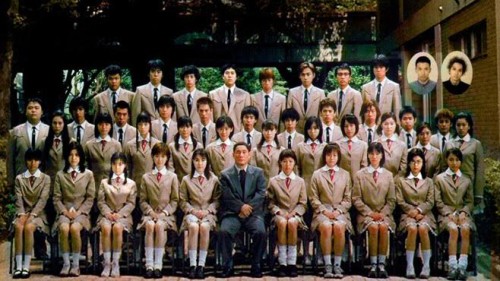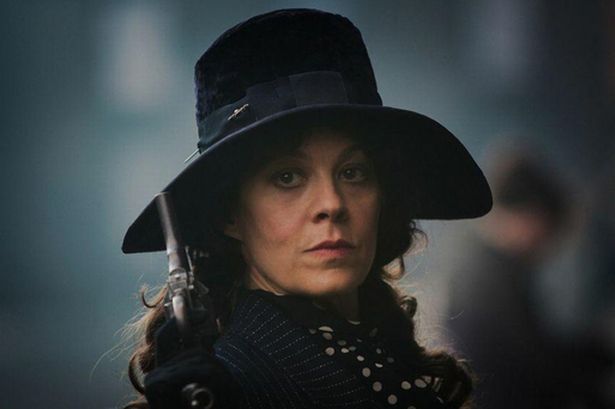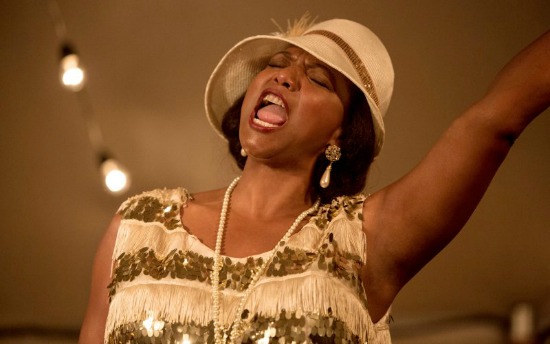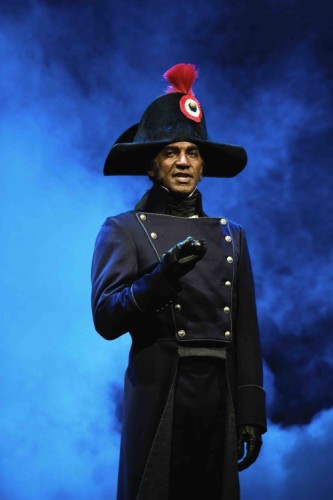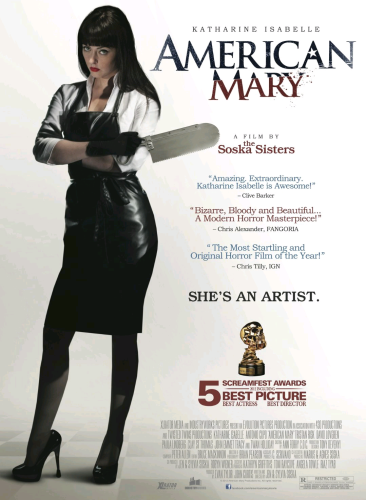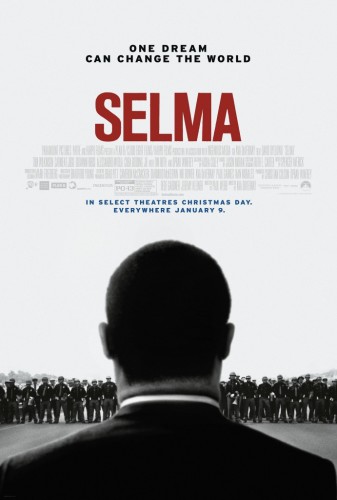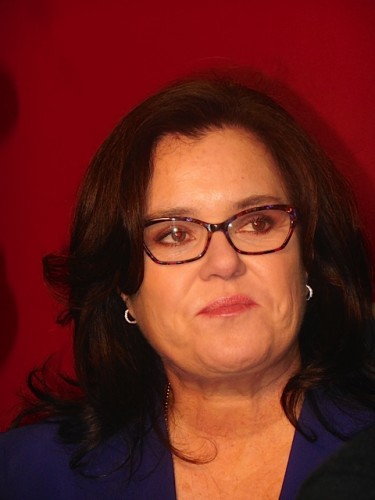The difference between ‘Bessie’ and the similar bio-pics about Black performers of the Jim Crow era is in the details. We see Bessie (played by Queen Latifah, in the affable, spirited persona she usually brings to roles: she’s also in good voice even though no one could be Smith’s equal) fail the “paper bag test” a Black impresario uses for the women he recruits to his revue. Smith is darker than the paper bag (as is Latifah, though not as dark as Smith was) so in spite of her talent, she’s out. Later, when she has her own revue, she uses the same test, but this time the recruits have to be darker than the bag, eliminating the women Bessie calls, “high yellow bitches.”
